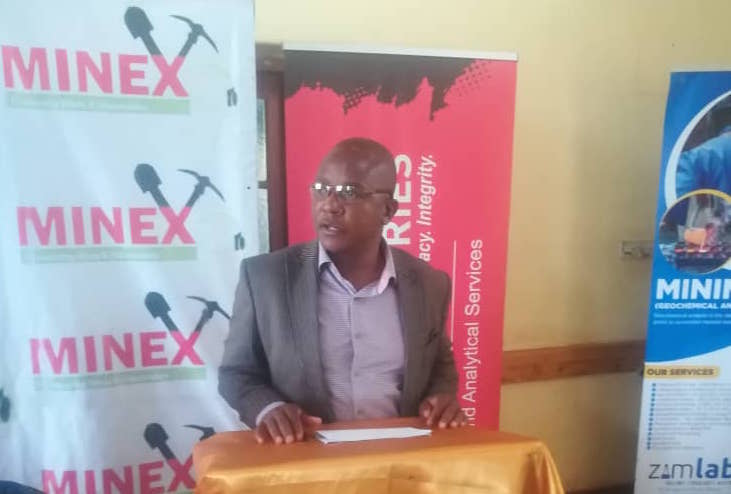|
Getting your Trinity Audio player ready...
|
By Hillary Munedzi
With growing global demand for ‘green’ cars and ‘smartphones’, Zimbabwe’s government ring fences its vast lithium reserves by banning the export of raw ores as investors gravitate to the Southern African nation for mining concessions.
According to an African mining Markets report “Zimbabwe is the leading country in Africa to produce Lithium ore and the 4th largest in the world.” The country is facing an economic meltdown with incessant power cuts disrupting business operations.
The surge in demand for the metal will help to solve a myriad of challenges facing the Southern African country, which is good news for President Emmerson Mnangagwa’s Vision of achieving an upper to the middle-income economy by 2030.
The mining industry will be the key player in an industrialization drive to create a $US65 billion upper middle-income economy with a per capita income above US$ 5 000 in the next decade.
“The Chinese were going by night looting lithium without any export permit, without any authority. So as Government we are coming up with a policy review to ban the export of raw lithium ores. Unprocessed lithium ores are going to be banned, this is to protect our national resources.
“There is a big dump in Kwekwe and Kamativi. For some years, Kamativi was mining tin and throwing away other minerals which were not of economic value. Many years down the line, we have discovered that in that big dump there is plenty of lithium, and if that dump was exported where would that lithium be? It would have landed in South Africa or China.
“With the increase in technology, we are now able to exploit that Lithium dump. For Lithium with a percentage of 4%, where do you think 96% will be going? We were exporting 96% of our minerals for free,” said Deputy Minister of Mines and Mining Development, Dr. Polite Kambamura at the MINEX Northern Region Expo and Conference at Glendale Country Club recently.
It is estimated that Africa loses a total of US$38.4 billion a year through trade mispricing and US$25 billion a year through other illicit flows. This is more than what Africa receives through aid and foreign direct investment.
A joint report by the African Development Bank and Global Financial Integrity found that a staggering 60-65% of this lost revenue disappears in commercial transactions by multinational companies.
The Africa Mining Vision (AMV) was adopted by Heads of State at the February 2009 AU Summit following the October 2008 meeting of African Ministers responsible for mineral Resources Development.
AMV is a holistic approach that advocates thinking outside the “mining box”. It is not just a question of improving mining regimes by making sure that tax revenues from mining are optimized and that the income is well spent and integrating mining into development policies at local, national, and regional levels.
The greater part of the country is currently covered under Exclusive Prospecting Orders (EPOs) and some of the EPOs are not performing. As a result, the Government has started canceling EPOs that are not performing.
The purpose of an EPO is to find and explore highly mineralized areas for large-scale exploitation, and Government has noticed that there are speculators who are applying for EPOs, and instead of doing that work, they are selling mineralized zones within the EPOs.

“It’s a very good thing that the Government banned the exportation of raw Lithium. You find in Lithium there are many minerals like tin, tantalite, and beryllium. If we do processing plants in Zimbabwe, we will extract more minerals in Zimbabwe which will benefit the country rather than exporting unprocessed Lithium at US$600 per ton and if we process the lithium, it will cost around US$60 000 a ton at 56%, so the ban is a very good thing for economic development.
“On the issue of the EPOs, we are crying to the Government to limit the number of EPOs that are granted because we have a limited size of land, and not every part of the land is mineralized. So imagine someone getting an EPO for 10 000 hectares it means there is no land for other people to peg and register mines.
“So we urge the government to reduce the number of EPOs and cancel non-performing ones so that there is room for others to mine and achieve the US$12 billion economy by 2023,” said Mr. Nyasha Magadhi, Managing Director at We Zimbabwe.






